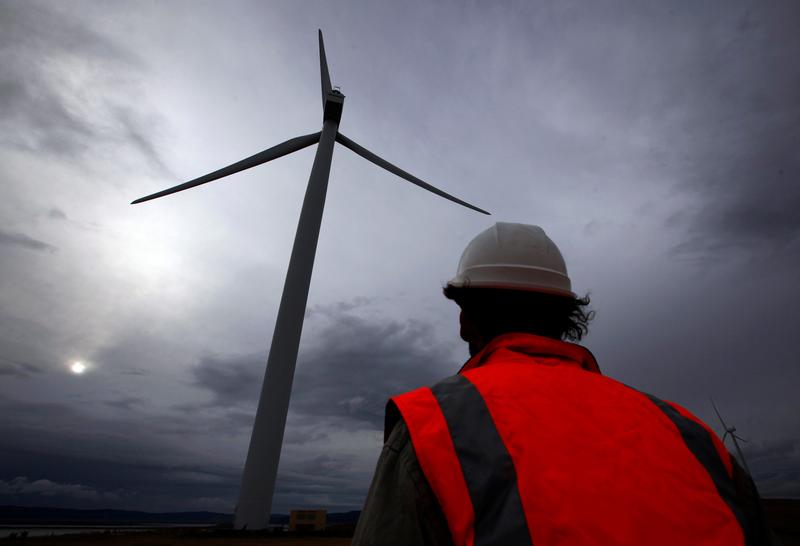Both are paying for the sins of their renewable-energy past. Tokyo is facing a legal battle with a company in Hong Kong for backtracking on incentives for solar power and the like, the Financial Times reported on Wednesday. AGL, meanwhile, last month took a A$1.9 billion ($1.5 billion) hit on pricey long-term wind contracts.
Japan’s problem stems from a 2012 push to increase foreign investment in clean energy. It was introduced after an earthquake-induced tsunami overwhelmed the Fukushima power plant, prompting authorities to close nuclear power plants. Tokyo agreed to pay generous prices for the electricity generated by the new projects, but a year or so later the Shinzo Abe administration thought again. That eventually sparked an increase in renewable-power bankruptcies, which prompted a fund – identified by the FT as Shift Energy – to take the Japanese government to court.
AGL went in the opposite direction. Starting around 2007, it sold its wind farms but kept operating them, striking deals to buy the electricity for 30 years or so. At the time it might have felt like a smart way to generate cash upfront. But AGL saddled itself with fixed contracts that assumed power prices would stay high for years and, in later deals, ignored the rapidly falling cost of installing renewable energy.
The company, run by Brett Redman since 2018, compounded its long-term problems by acquiring coal mines, making it one of the country’s largest greenhouse-gas emitters and prompting a A$530 million goodwill write-down last month, too. Its stock has fallen around a fifth since.
Coal aside, each would have been better off taking the other’s approach. While it’s prudent to be conservative with taxpayers’ money, Tokyo needs to promote stability to foster a crucial but nascent industry, not ratchet down prices. Preserving price flexibility, meanwhile, would have been far more prudent for AGL. Whichever side you look at, it’s clear that short-termism is a bad way to manage climate risk.

